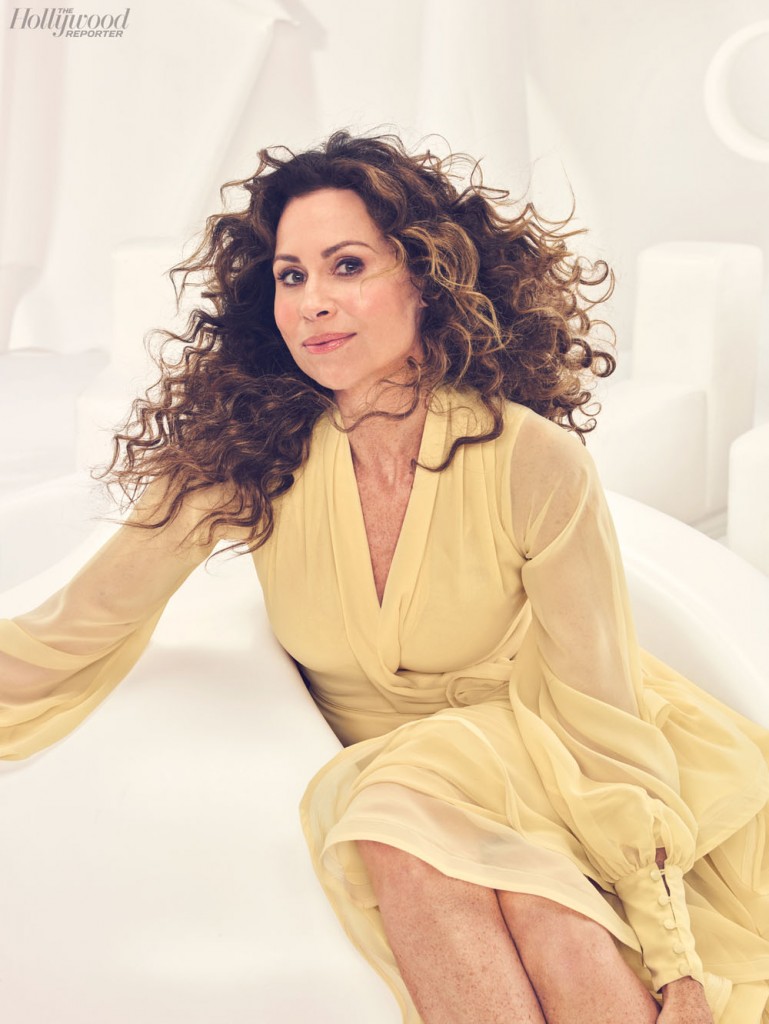
I’ve been a fan of Minnie Driver’s since she was in Circle of Friends (with Alan Cumming – the bomb dot com) and I’m still pissed that FX canceled The Riches (especially after the story was left unresolved.) The statuesque, 47-year-old actress, currently starring the ABC comedy Speechless, took part in the The Hollywood Reporter’s Comedy Actress Roundtable, a transcript of which appears in the magazine’s June 14 issue. Minnie joined other actresses, including Superstore’s America Ferrara and the amazing Kathryn Hahn, to talk about the state of affairs for women in Hollywood.
Minnie plays Maya on Speechless. She’s a tough “mama bear” protective of her family, especially her teenage son, JJ, who has cerebral palsy. During the roundtable she joked that she excels at playing women who are “awful but relatable.” But, joking aside, she did have a good point about the perception of strong women, like Maya, in media and society.
I actually have a real problem with women being called unlikable because you never hear that about a man. They’re called antiheroes and they’re funny and they’re strong and they’re interesting. She’s not likable across the board, and most women or most people aren’t, but she has a very heightened set of circumstances. If you’re handed a baby who a doctor tells you is never going to lead a typical life — they probably won’t walk, they probably won’t talk [with cerebral palsy] — the small stuff doesn’t really apply anymore. You say whatever you think. So I feel like she has a different set of tenets by which she lives, and some of them are really not likable, but she’s human in that way. I think a lot of actresses were worried that that would somehow tarnish them. That’s interesting as an actor. I like it.
It’s very antithetical to being an actress because we are groomed to be people pleasers, and we’ve got to make everybody like us because we’ve got to be in competition with every other girl in a way that men really aren’t.
I hate saying that we’re created out of some sort of patriarchal idea, but we sort of are. You’re not given that many iterations of what it is to be a woman in film and TV. Or we certainly haven’t been up until now, now being the golden age of television where you can do whatever you want. You can write whatever you want, you can direct it how you want, and you can embody it.
Minnie is trying to “change the narrative” for women in film and TV. She asserted that “We change it by sitting here and talking about these things. We change it by writing shows, by directing.” Even though she and her fellow actresses are bringing the issues they face to light, there’s still a major, unfair disparity between these women and their male counterparts.
But what if you’re looking at what the men are getting paid in a movie, for example, and they’re getting paid not just twice, but maybe four or five times [as much], and it’s a three-hander piece and a woman is getting paid so significantly less, but the part is great and it’s the same screen time, and you’ve got a mortgage to pay and you want to be a good actor and you want opportunities? What are you supposed to do? Are you supposed to take the part or are you supposed to go, “No”?
It sucks, doesn’t it? I don’t know if I could be an actress and have to deal with all of this patriarchal baloney. So I work in the insurance industry, home of the “good old boy” network (emphasis on the “boy.” Ugh). But, hey, at least there is some good news for Minnie, as Speechless was picked up for a second season. Congrats. She took to Twitter to make the announcement last month.
Well, @Speechless_ABC has officially been picked up for a second season. 🎯🏆
— Minnie Driver (@driverminnie) May 12, 2017
By the way, she’s a good follow on Twitter, if only for her pointed (and often hilarious) political commentary, like this great post from the day of the Comey hearings. I don’t know about you, but I think there is absolutely nothing unlikeable about her.
Just so you have a clear visual of how 44 and I are watching #ComeyDay pic.twitter.com/BdVjcHIDCs
— Minnie Driver (@driverminnie) June 8, 2017
Photos: THR, Getty Images, WENN.com

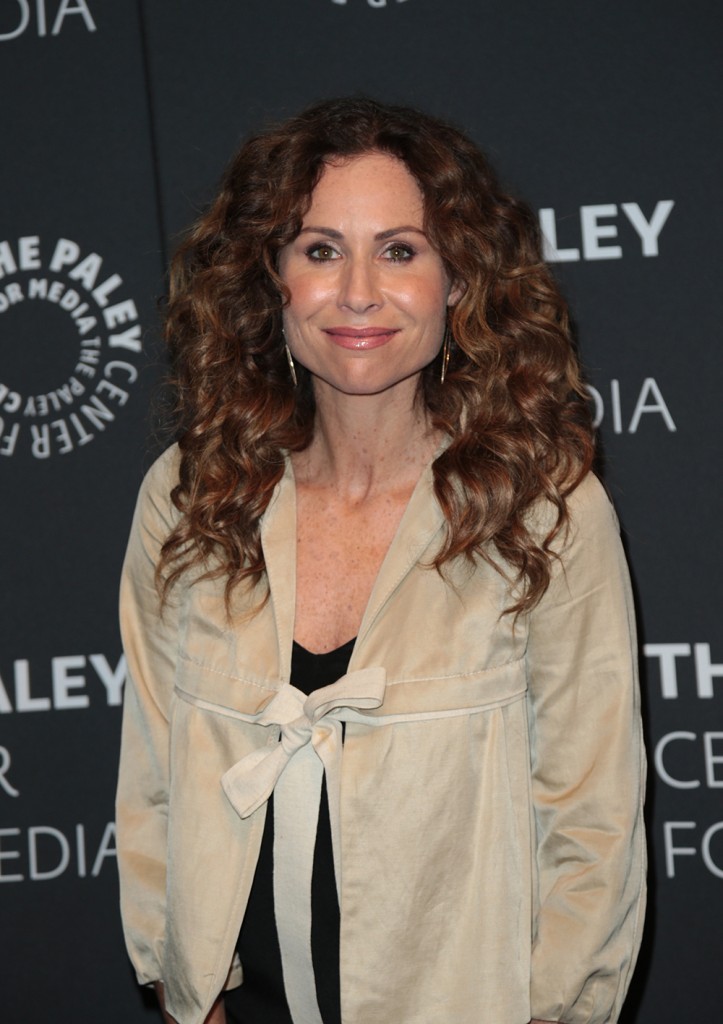
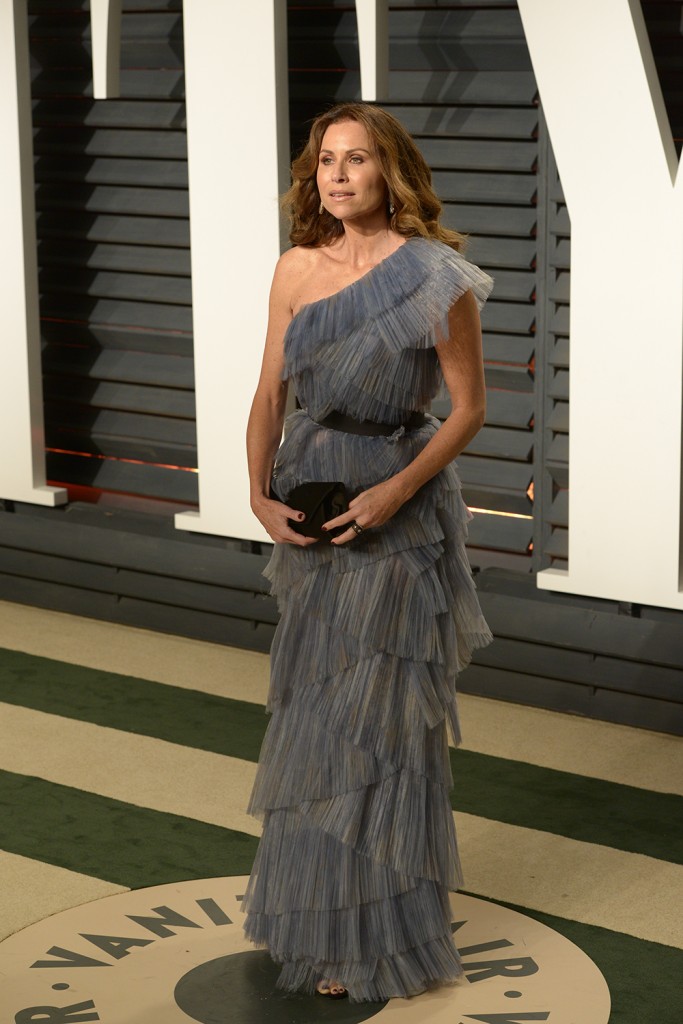
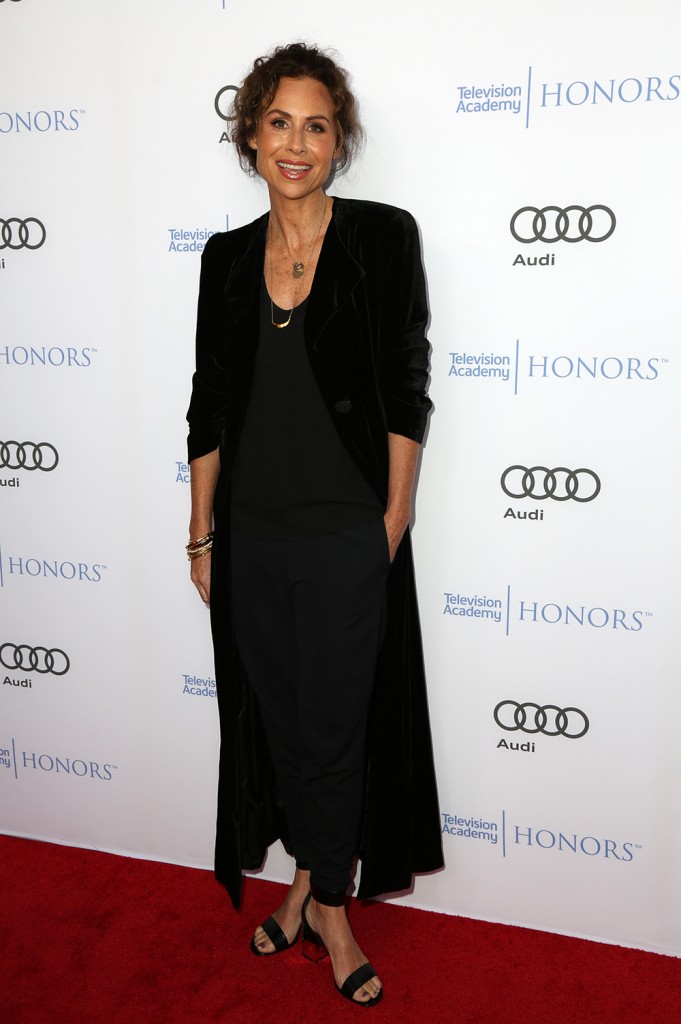
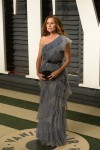
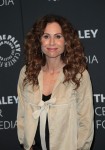

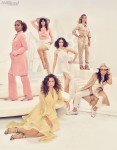











Men are also called unlikable and even worse.
Feminism is important but stay real with your arguments otherwise feminism is a joke.
Women are not treated equally period. dont make a false equivalency. Calling them “unlikable” or “hysterical” for example is a way to take power from women. It doesn’t mean the same thing when applied to men.
Kirby – exactly!
Look at breaking bad. Walter was throughly unlikeable but people still loved the character. He was allowed to be redeemed and forgiven. Skylar was unlikable but was not given the and chance.
I think that the issue is not the fact that men don’t get called unlikable, because they do, but the fact that they’re allowed to be unlikable in a way women are not. You don’t see a lot of female antiheroes who are allowed redemption. The line with female characters is much stricter.
Female anti-heros exist.
Making broad generalization about men and women don’t help feminims, gut feeling is not an argument.
We can say there’s more male anti-heros than female. That’s true but it has more to do with the fact that there’s more male characters than the fact that women characters can’t be anti-hero or are always seen as unlikable.
She’s just selling her show “look how unique and different my character is”, nothing more.
This is not just an issue in film and television. It’s an issue in our society. Female heroes and anti-heroes are nearly brand spanking new in pop culture. Up until recently, they’ve only been scattered here and there and if you read the reviews from books to television, you’d see the excuses that were made for their behavior. The writers always added a “but she’s” this or that element to how they described these women.
In terms of the workplace, I don’t know how old you are but when I worked corporate, that likability factor was like a stink in the office. I remember running a meeting that went incredibly well. I was in charge so to speak. My reward was to have a senior VP call me into his office to say I needed to get more people to “like” me and that I needed to be “nicer.” I’d like to say that’s the only time something stupid like that happened but I can’t. I also can’t tell you how many of my friends have had the same or similar experiences.
Minnie Driver is not trying to fit her experience into a political narrative. It’s a world a lot of us have lived in for a long time and I’m glad it’s starting to change.
I’m supposed to be a b**** in my job, so it was never a problem tbh.
Wrong. Men are called dicks or assholes, but they are still respected, even feared, thus adding to their perceived social power. Women are being called unlikeable in a way that diminishes their social power and standing. It doesn’t result in respect or fear–it means they’re gross and un-feminine and should be shunned and gossiped about. It is said with a scrunched up nose and a curled sneering lip. Not the same, not even close.
It’s your way to see them, not other people way to see them.
You can believe that no strong badass female character can be respected whereas there’s many of them but you don’t include them cause it doesn’t fit your theory.
@Anya
Totally agree.
I don’t “respect” asshole characters (male or female, for that matter), nor do I see many men finding them worthy of respect. (I *have* seen men squirming uncomfortably when an “anti-hero” they really wanted to like – like the protagonist of “Get Carter”, to give an extreme example – turned out to be just that: an asshole. Nobody cheered for him.)
I find making blanket statements like that about “society” quite, ehm, unlikeable.
That’s a bizarre and sweeping statement about feminism – which is responsible for everything from procuring our right to vote to any current family friendly policies in the workplace – it wasn’t that long ago that pregnant women had to leave their jobs, not just take maternity leave.
The real world if filled with examples of women being told be “nice.” Kamala Harris’ strong questioning of Jeff Sessions was referred to as “hysterical” by the right wing press. Elizabeth Warren is regularly referred to in the nastiest terms because she’s forceful on the job. Minnie Driver’s comments support the reality of many women. Her words hardly diminish the work of feminism.
@Anya, I agree with you.
I loved the Riches. I watched for Eddie Izzard but Minnie was great in it too.
I watched half the season of her new show Speechless and i liked it especially the fact that the actor is actually a disabled person, not just playing one.
Case on point: the 2016 election. The main players (in terms of who stayed the longuest in the primaries) were Bernie Sanders, HRC, Donald Trump, John Kasich and Ted Cruz, yet only one of them was constantly called unlikable.
+1000 The double standard here drove me insane. A conservation I had umpteen times: X: “HRC is so unlikeable; I just don’t like her.” Me: “So you’re saying likeability is important to you, and that you find DT likeable?” X: “No, I don’t find him likeable at all, but it just doesn’t bother me in the same way.” Me: “Riiight.”
Well, strictly speaking, men are called unlikable all the time, except then it’s framed as some kind of point of honor, like being a dick somehow is equated with having more integrity because you’re “tough” and “not afraid to fight for what you want”. A man has to be actively terrible (in the acting world, this means cost people money) in order to suffer any negative effect from any bad behavior. And even then, forgiveness is always on the table.
A woman only need question something more than once or voice her opinion sternly in order to be labeled a bitch that is difficult to work with. Katherine Heigel is a perfect example. While I DO think she probably is an unpleasant person, all the stuff she basically got blackballed for in Hollywood for a while would not have been questioned in a man – look at Charlie Sheen.
“Look at Charlie Sheen” could be used over and over in examples!
Bingo. It’s obvious what she meant. It has to do with diminishment of agency and power. When women are characterized as unlikable it affects our careers and social lives in ways men, behaving the same way, not only aren’t affected, but are often praised for as being a ‘straight shooter’ or ‘serious,’ while women are ‘ball busters’ ‘shrill’ ‘bitchy.’
It’s another way of policing and controlling women, making sure we don’t get equal agency. Women who play along are ‘cool girls,’ women who call it out are ‘bitches.’ I honestly don’t see how anyone could deny this.
I’ve not paid attention to Minnie since the “dumped by Matt” era, but her points are spot on. I might have to do a trawl through YouTube for interviews.
I love speechless, although I haven’t watched it for a while because I was busy with college work… I absolutely love Minnie Driver’s character. Ballsy, don’t take crap attitude is what I love in a woman, and that is me.
Funny, I’ve heard/read men being called “unlikeable” (not to mention worse epithets) quite often – and not in a good way. A less selective perception/memory would serve her better.
I got two episodes in to Speechless and never watched it again. Her character IS unlikeable and much like it shouldn’t be a badge of honour for men it shouldn’t be for women either. I get she’s trying to sell the show but instead of trying to claim a terrible attribute from men perhaps we could all just try to get on without being a dick?
My former CEO (who happens to be a woman) is a brilliant entrepreneur, in charge of over thousands of employees, and is a millionaire many times over. She makes it happen despite her ovaries. I make 10X more than my husband and support the household. Yes, we as women have had to prove ourselves in the industry, but I don’t see a problem here. Doesn’t the percentage of income now prove that? I must be in the minority. Sounds like a lot of complaining to me. They must be in the wrong profession.
Make an opinion against the norm as a woman, don’t get approved by moderator. Feminism!